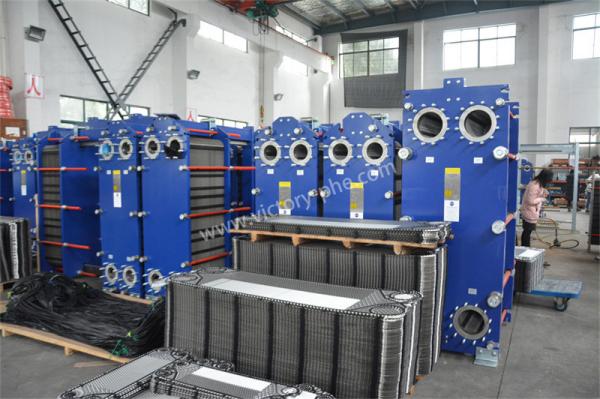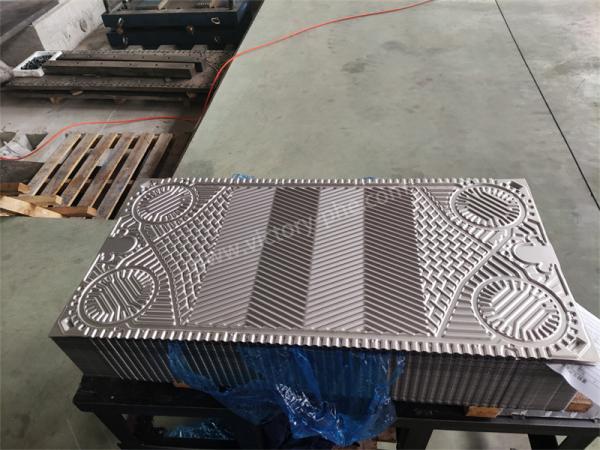| Sign In | Join Free | My ecer.com.ru |
|
- Home
- Products
- About Us
- Quality Control
- Contact Us
- Get Quotations
| Sign In | Join Free | My ecer.com.ru |
|
Brand Name : GEA
Model Number : VT04、VT10、VT20、VT40、VT80、VT405、VT2508、N40、FA184、NT50、NT100T、NT100M NT100X、NT150S、NT150L、NT250S、NT250M、NT250L、NT350S、 NT350M、NT500
Certification : ISO SGS
Place of Origin : China
MOQ : 20pcs
Price : 50 - 500pieces $20-$30
Payment Terms : T/T, L/C, Western Union,
Supply Ability : 50000pcs per month
Delivery Time : 15 days
Packaging Details : Plywood Box
Model : GEA Heat Exchanger Plate
After Warranty Service : Online support
Heat Transfer Area : 10-5000m²
Keyword : heat exchanger plate
Plate Type : Gasket Plate Heat Exchanger
Plates Material : SUS304 316 316L 310S 904 TAi TAi-Pd Hastelloy C276 D205 B2G Ni200 Ni201 Molybdenum254
Surface Treatment : powder coating,Clean,quiet
Veneer Area : customized
Gasket Material : NBR HNBR EPDM HEPDM VITON FKM Silicone/CR/Neoprene
Application : Isolate media and perform heat exchange
Product Description
GEA Heat Exchanger Plates High Concentration Caustic Soda Exchange Plates
GEA Heat Exchanger Plates
| Brand | Model |
| GEA | VT04,VT10,VT20,VT40,VT80,VT405,VT2508,N40,FA184,NT50,NT100T,NT100M NT100X,NT150S,NT150L,NT250S,NT250M,NT250L,NT350S, NT350M,NT500 |
| Material | Specification |
| Stainless Steel | SUS304 316 316L 310S 904 |
| Titanium and titanium-palladium alloy | TAi TAi-Pd |
| Hastelloy | C276 D205 B2G |
| Nickel | Ni200 Ni201 |
| Molybdenum | 254 |
Applacations
| Plate material | Suitable for fluids |
| Stainless steel (SUS304.316, etc.) | Purified water, river water, edible oil, mineral oil |
| Titanium and titanium palladium (Ti, Ti-Pd) | Sea water, salt water, salt compounds |
| 20Cr,18Ni,6Mo(254SMO) | Dilute sulfuric acid, dilute salt aqueous solution, inorganic aqueous solution |
| Nickel (Ni) | High temperature, high concentration caustic soda |
| HASTELLOY alloy (C276, D205, B2G) | Concentrated sulfuric acid, hydrochloric acid, phosphoric acid |
Heat exchanger plate Choose:
Production Process:
The production of stainless steel plates for plate heat exchangers involves several precise steps to ensure high-quality performance and longevity.


|
|
GEA PHE Plate Plate Heat Exchanger Caustic Soda Exchange Plates Images |